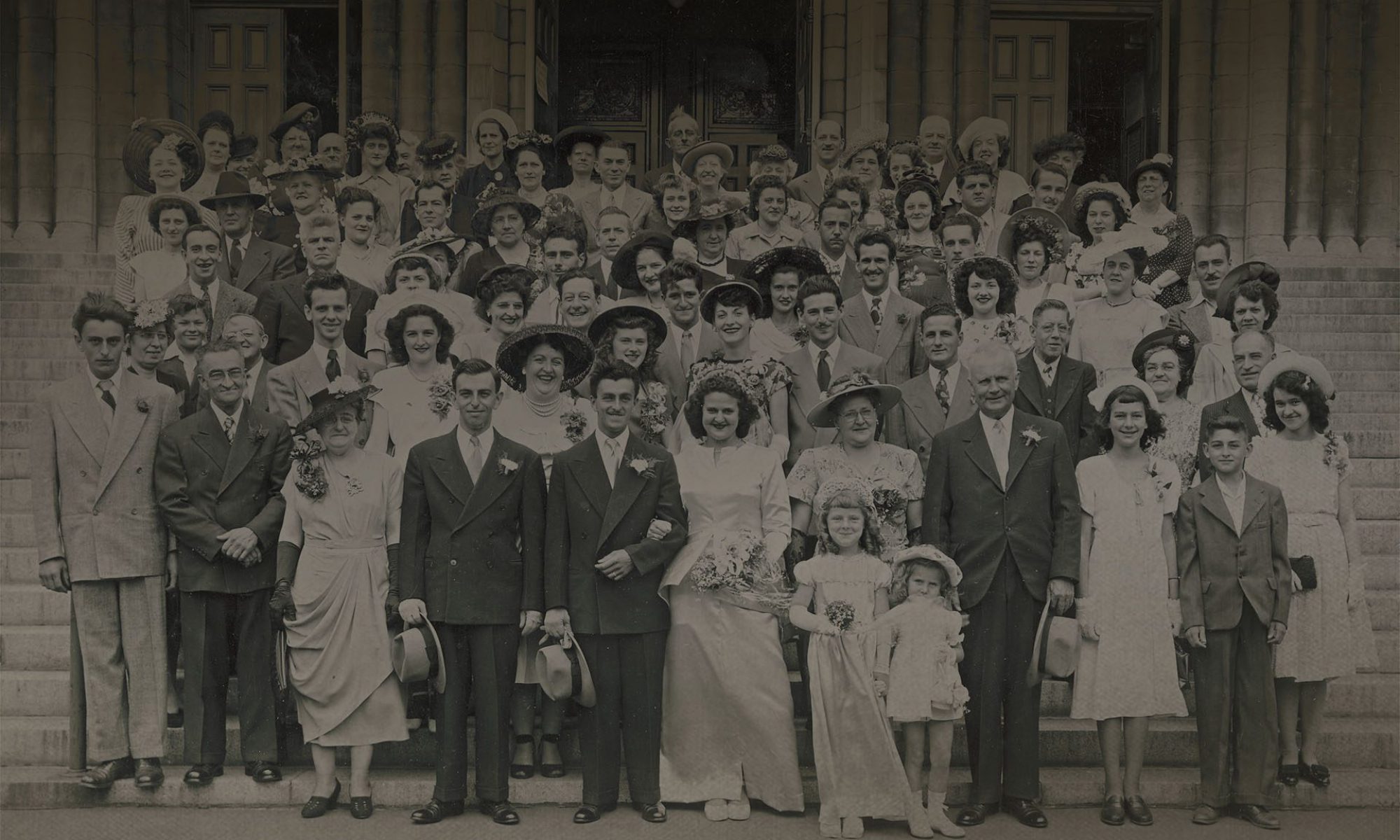This post is also available in: Français
The quest for origins is a need felt by many human beings. It’s quite healthy to want to understand where you come from. In the case of an adopted person, this inclination is even stronger. Because even when you’ve been adopted by a loving family, you still have to track down several pieces of the puzzle to learn who you are and where you come from.
The genealogy of an adopted person can help them understand their history better, but also know their genetic predispositions. There are therefore several reasons why they might want to find the ancestors from their biological family.
How to find your ancestors as an adopted person
We’ve all seen shows and documentaries about reunions where an adopted person finds information about their biological family. These portraits depict rather complicated journeys that generally wind up paying off in the end. Most adopted people have access to a few basic documents that were given to their adoptive family. These papers may be useful to them, but often, this is only the basis of the information needed to go further.
You should also be aware that each case is different. Some adopted people stay in contact with their biological parents, while others don’t even know their names. Obviously, the more information and links that remain, the easier the search will be.
In addition, it’s important to make a distinction between adopted people in Québec and those who come from a foreign country. Indeed, the steps are quite different for those who were born here than for those who arrived from another country.
Finding your ancestors when you were adopted in Québec
Due to proximity, it can be easier to trace the genealogy of an adopted person’s biological family when they were born in Québec. However, there are major downsides to this assertion, since, for a long time, the associations and orphanages involved in adoptions issued very little specific information that would make it possible to identify the parents.
Biological parents also have the right to sign a refusal to meet and reconnect with the children they put up for adoption. These two issues can therefore be major hurdles for people in this situation who want to reconnect with their origins.
However, laws are changing to make it easier for adopted people to contact their biological parents, so you should stay on the lookout for these modifications to know the steps to follow during the initial contact. Generally speaking, it’s all about consent and openness on both sides. The Youth Centre of the region where the adoption took place can help in the search for information and guide the person in their quest.
Once the person has access to more information, or if that was already the case at the start, it’s possible to consult the records available online. These records make it possible to construct a family tree by consulting marriage, birth, and death certificates. Regional historical societies can also be very useful places when it comes to finding archives containing information of this nature.
Finally, those who prefer to entrust this work to someone else can call on a genealogy specialist, who will draw on documents and who will know exactly where and how to do the research.
Finding your ancestors when you were adopted abroad
For any adoption from another country, you should check out the Secrétariat à l’adoption internationale (SAI). This organization also offers services for people adopted in Québec – for example, requesting a summary of the sociobiological history, which contains some information such as the date of birth, the circumstances of the adoption, and some basic information regarding the parents. However, this organization may prove particularly useful for procedures carried out abroad.
SAI employees are able to establish contacts with foreign authorities to see if it’s possible to access information on the genealogy of the adopted child. From there, they present the information to the person who requested it. However, this request may sometimes yield no results, since some countries have laws that prohibit reunions, don’t keep records, or are unable to provide the desired information. Once again, it’s case by case, and you should know how to manage your expectations.


